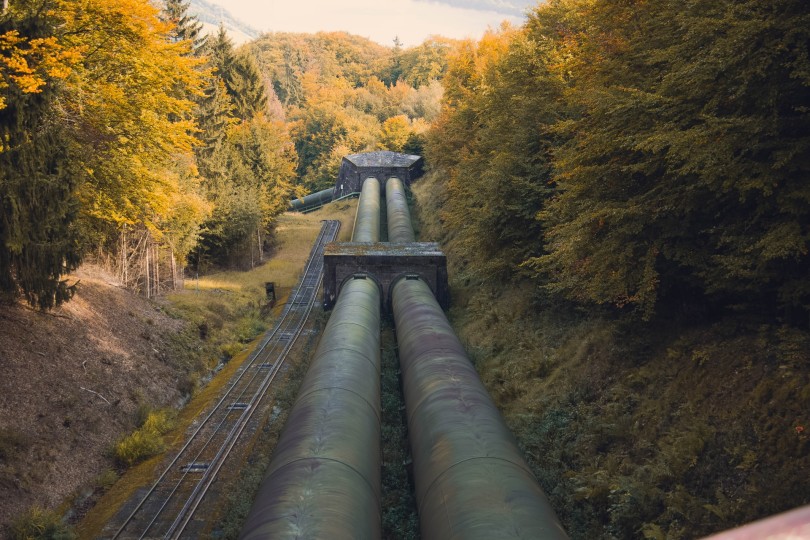22 Apr 24
Lab ChatLabworx
The Global News Source for the World of Science and Chemicals
Are pipelines the key to Oil Security?
21 January 2021
Chem Chat
The establishment of pipelines connecting the Middle East to the rest of the world could be crucial to guaranteeing global oil security, according to outgoing US Energy Secretary Dan Brouillette. Brouillette visited Abu Dhabi last month to meet with high-ranking officials from regional powers and discuss the possibility of diversifying the transportation methods used to ferry oil to Asia, Europe and beyond.
The discussions took place in the wake of the signing of the Abraham Accords in September, which established diplomatic relations between Israel and a handful of Arab nations. The agreement was seen as historic in not only building ties and enhancing stability in the region, but also potentially creating a more constant market for oil the world over.
Major players
At present, more than half of the world’s existing oil resources are located in the Middle East. Saudi Arabia alone has over a quarter of a trillion proven barrels, second only to Venezuela worldwide, while five other Middle Eastern nations round out the top ten.
Until now, much of this oil has reached regional partners and the rest of the world by passing through the Strait of Hormuz, but the narrowness of this passage creates bottlenecks which lead to delays and supply problems. What’s more, ferrying the oil by tanker can also incur the risk of accident or sabotage, with a vessel off the Saudi port of Jeddah hit by an explosion from “an external source” last month.
Pipelines a possible alternative
For that reason, Brouillette visited the region to discuss the possibility of establishing pipelines as a possible alternative to tankers. As well as meeting the Emirati Energy Minister Suhail Al-Mazrouei, Brouillette also conducted conferences with his counterparts from Bahrain and Israel, as well.
“Pipelines can be vulnerable, but you can also protect them,” explained Brouillette, highlighting the role that a diversity of transportation options can play. “If we can move natural gas more easily throughout the region, shipping becomes less of a concern. If we can move crude more easily, shipping becomes less of a concern.”
Greater oil security ahead?
The oil market has suffered a torrid 12 months in the wake of the coronavirus outbreak and unfortunately, OPEC+ cuts have done little to boost oil prices in the intervening period. However, it’s hoped that establishing pipelines between the Middle East and Europe, Asia and elsewhere could help to rectify that situation.
A more settled peace in the region would lead to fewer fluctuations in the price of the commodity – something which is already being witnessed after the signing of the Abraham Accords. For example, the recent explosion near Jeddah did not impact upon oil prices significantly, a sure sign that confidence in the region’s resilience is now growing. This, coupled with a return to normalcy brought about by the availability of a viable COVID-19 vaccine, should usher in greater oil security in the future.
DOWNLOAD PDF

2 Day Seminar Program
@ ArabLab+ 2024
24 & 25 September 2024
Your stay in Dubai
Labkit
Product News
Chemkit
Product News
Thinking about exhibiting at ARABLAB 2024? Watch our video to find out more.
Join the world’s leading organisations…
Get in touch and stay in touch…
Join our mailing list and receive the ARABLAB newsletter and event updates.





















